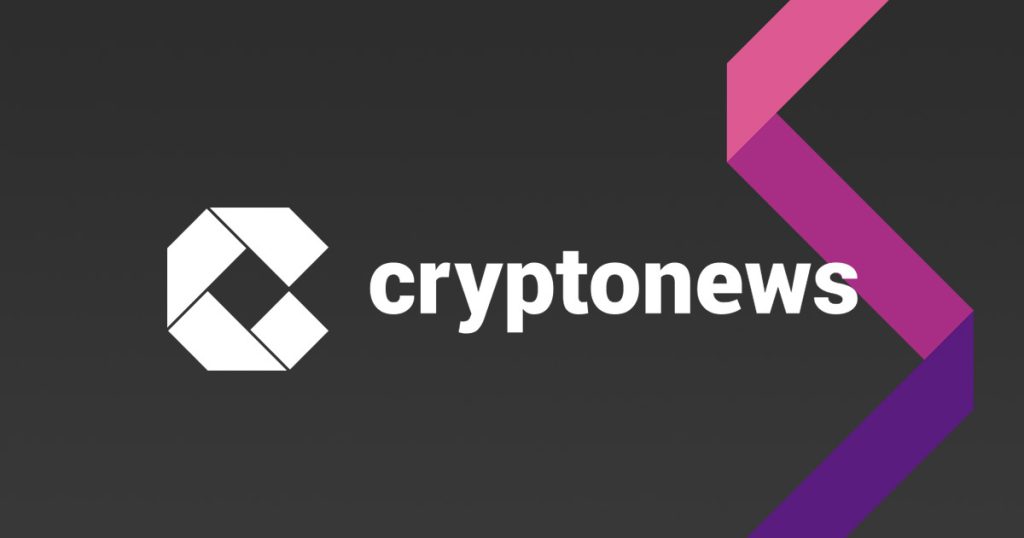Commission (SEC), accusing him of hypocrisy and regulatory overreach in the ongoing legal battle between Ripple Labs and the SEC. Alderoty criticized Gensler for his lack of transparency and consistency in the SEC’s approach to regulating digital assets, citing conflicting statements made by Gensler himself regarding the status of cryptocurrencies like XRP. The public condemnation from Ripple’s legal team signifies the company’s growing frustration with the SEC’s handling of the case and sets the stage for a contentious legal showdown in the coming months.
The rift between Ripple and the SEC dates back to December 2020 when the SEC filed a lawsuit against Ripple Labs, alleging that the company had conducted an unregistered securities offering through the sale of its XRP token. Ripple has denied these allegations and maintains that XRP is not a security but rather a digital asset similar to Bitcoin and Ethereum. The legal battle has dragged on for over a year, with both parties presenting arguments and evidence to support their respective positions. The outcome of the case could have far-reaching implications for the regulation of cryptocurrencies in the United States and beyond.
Alderoty’s rebuke of Gensler reflects the deep-seated tensions between Ripple and the SEC, as the two parties spar over the classification of XRP and the implications of its status as a security. Ripple has accused the SEC of stifling innovation and hindering the growth of the digital asset industry through its heavy-handed regulatory approach, while the SEC argues that its actions are necessary to protect investors and maintain market integrity. The legal battle has drawn in stakeholders from across the cryptocurrency community, with many expressing support for Ripple’s position and criticizing the SEC for its perceived overreach.
As the legal battle between Ripple and the SEC continues to unfold, the outcome remains uncertain, with both parties presenting compelling arguments in support of their positions. Ripple has mounted a vigorous defense of its business practices and the status of XRP, while the SEC has sought to hold the company accountable for alleged violations of securities laws. The case has captured the attention of the cryptocurrency industry and regulatory bodies worldwide, with many watching closely to see how the legal landscape for digital assets will be shaped by the outcome of this high-profile case.
Despite the ongoing legal battle and public acrimony between Ripple and the SEC, there may be room for potential settlement discussions in the future. Both parties have expressed a willingness to engage in discussions to resolve the issues at hand and reach a mutually acceptable resolution. A settlement could potentially pave the way for greater clarity and certainty in the regulation of digital assets, providing a framework for other companies in the industry to navigate regulatory challenges and comply with securities laws. However, any settlement would likely require concessions from both parties and a willingness to compromise on key issues.
As the legal drama between Ripple and the SEC plays out, the broader cryptocurrency industry is facing increased scrutiny from regulatory authorities worldwide. Governments and regulatory bodies are grappling with how to regulate and supervise the fast-growing digital asset market, balancing the need to protect investors and prevent financial crime with the desire to foster innovation and competition. The outcome of the Ripple-SEC case could set an important precedent for how digital assets are regulated in the future, influencing the development of laws and regulations governing cryptocurrencies in the United States and beyond.


